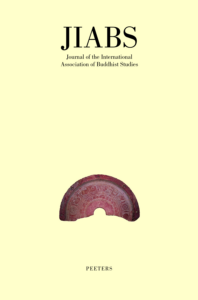 Articles from two GCBS researchers have just been published in the Journal of the International Association of Buddhist Studies, Volume 46 (2023). One is by Prof. Dr. Charles DiSimone, and the other by FWO postdoctoral fellow Dr. Anna Sokolova.
Articles from two GCBS researchers have just been published in the Journal of the International Association of Buddhist Studies, Volume 46 (2023). One is by Prof. Dr. Charles DiSimone, and the other by FWO postdoctoral fellow Dr. Anna Sokolova.
Abstract: In the past few years important manuscript discoveries have been uncovered in the course of the excavation of the archeological site at the ancient city of Mes Aynak in Afghanistan. This article, the first of a series, examines this new manuscript evidence providing an analysis of seven groups of manuscript fragments found at Mes Aynak consisting of only a part of the total material uncovered at the site. The fragments under the scope of this article are all copied on birch bark folios in the Gilgit/Bamiyan Type I script and date from the 6th-7th centuries of the Common Era. Works identified include witnesses of the Maitreyavyākaraṇa, Bahubuddhāvadāna verses, the Saddharmapuṇḍarīkasūtra, and the Aṣṭasāhasrikāprajñāpāramitā. Several unidentified fragments are also analyzed. Transliterations are given for all fragments and reconstructions or parallels and translations are supplied for all identified works. It is hypothesized that the bundle containing the Maitreyavyākaraṇa and Bahubuddhāvadāna verses represents the first witness discovered of the heretofore lost Mūlasarvāstivāda Kṣudrakapiṭaka. The Aṣṭasāhasrikāprajñāpāramitā fragments discussed are also of great interest, representing the first example of that work discovered within the area of Greater Gandhāra from this period, placing it among the earlier witnesses of this work discovered to date. It also appears to mark an earlier transmission of the work that differs from later, known transmissions.
Abstract :This article investigates the Buddhist projects that Wei Gao (745-805), Military Governor of Xichuan Circuit (central part of present-day Sichuan Province), undertook in the region’s capital, Chengdu, with a primary focus on three major enterprises that he launched in the final four years of his life: the renovation of a Buddhist statue; the dissemination of a vinaya commentary; and the establishment of a Buddhist monastery. These projects are explored in the local religious context of mid- to late Tang Xichuan as well as the broader political context of the imperial regime. In particular, the paper explores Wei Gao’s Buddhist enterprises against the political background of Emperor Dezong’s (r. 779-805) efforts to reassert imperial authority and strengthen court-region relations following the collapse of Tang power in the mid-eighth century.
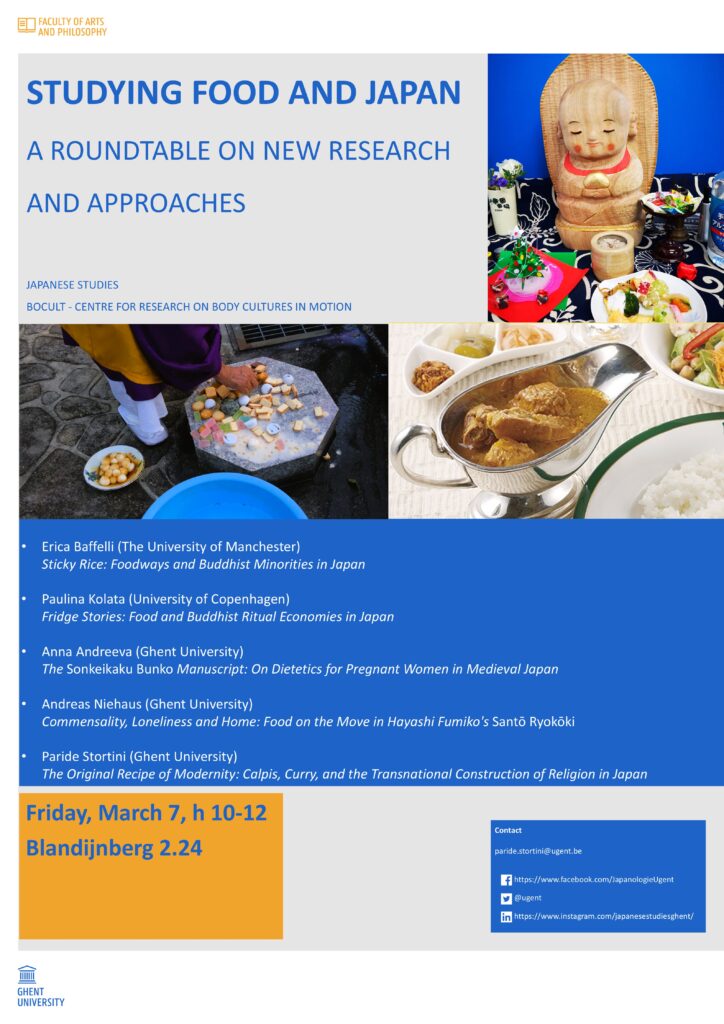
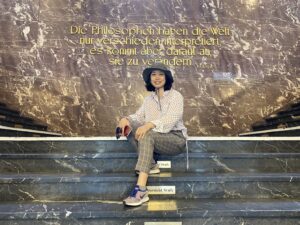
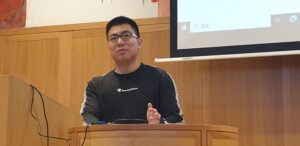
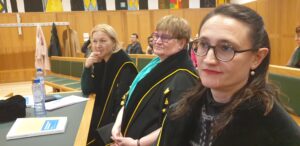
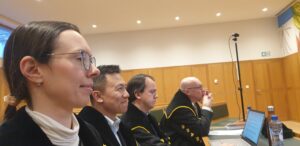
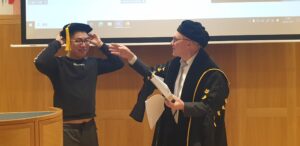
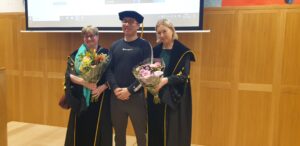
 Articles from two GCBS researchers have just been published in the
Articles from two GCBS researchers have just been published in the 
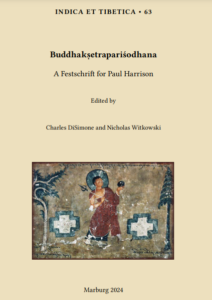 New Book Announcement:
New Book Announcement: 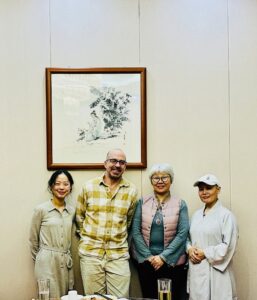
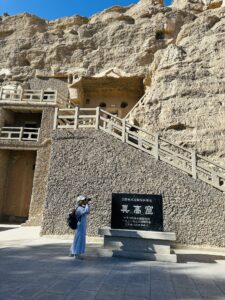
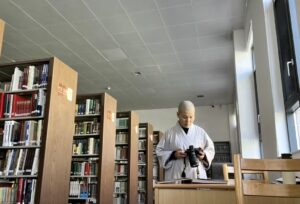
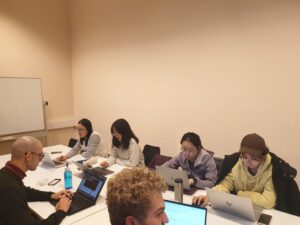
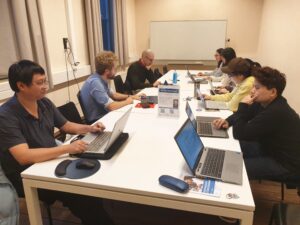
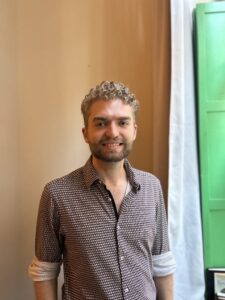 August Sundin is PhD candidate in Buddhist Studies within the Department of Languages and Cultures at Ghent University. He is a member of the project “
August Sundin is PhD candidate in Buddhist Studies within the Department of Languages and Cultures at Ghent University. He is a member of the project “